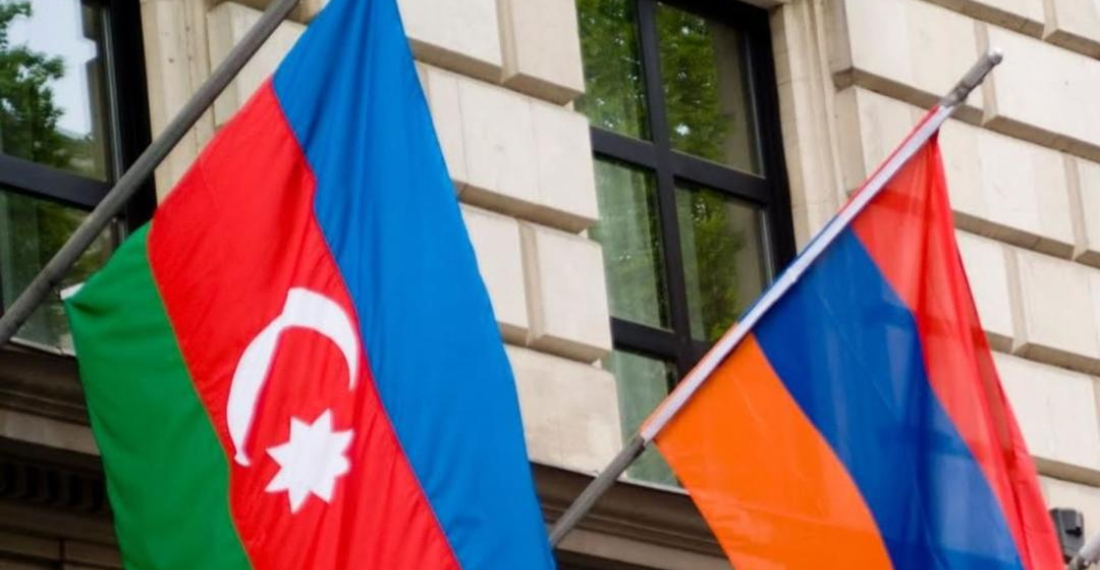The recent BRICS summit held on 22-24 October in the Russian city of Kazan, featured the first talks in the last few months between the Azerbaijani and Armenian leadership. The countries were represented by President Aliyev and Prime Minister Pashinyan as well as the foreign ministers, Bayramov and Mirzoyan. Pashinyan declared that at the moment “all the matters of principles have been addressed and resolved” by the draft treaty, although Armenia’s chief diplomat Mirzoyan toned his statement a bit down, claiming that the document “is at least 80-90% agreed upon”.
Another interesting detail featured in the official communique released after the bilateral Aliyev-Pashinyan meeting which stated that the leaders “instructed their foreign ministers to continue bilateral negotiations on the Peace agreement and the establishment of interstate relations with the purpose of finalising it as soon as possible”, indicating at least to the presence of a significant momentum. A day after the summit, Armenian and Azerbaijani presidents confirmed the document delineating the rules for demarcation and delimitation of the state border, signed on 30 August.
Then it was reported that the parties discussed the release of the remaining Armenian prisoners of war by Baku and Yerevan’s participation in COP 29. Also, Azerbaijani media leaked a conversation between the leaders whereby Aliyev asked Pashinyan about the lack of Armenian involvement in the campaign for releasing Armenian-Russian oligarch Ruben Vardanyan from his Azerbaijani imprisonment. Usually, such leakages occur when certain positive breakthroughs in the negotiations are expected.
However, this news arrived after a period of intense pessimism which settled with the failure of the planned high-level meeting in the UK in July this year. The parties were accusing each other of undermining negotiations and leading an arms race. While Azerbaijani media intensified the rhetoric of Armenian revanchism, their Armenian counterparts were telling stories about Baku’s preparations for a new war in the hope of occupying the region of Zangezur.
Many experts were predicting a new escalation to break out soon after the COP29. Against this background, a meeting between Parliamentary chairmen, Alen Simonyan and Sahiba Qafarova, was cancelled by the Azerbaijani side due to the “non-constructive position of Yerevan”. So, the news from Kazan came quite as a surprise- but then how should we explain them?
The September-October period was driven by negativity, most opinions were that the peace process has stalled, there may be an escalation after COP, talks about arms race, and media in both countries were putting fuel on the fire. Speakers’ meeting cancelled. Azerbaijan accused Armenia that it refused a peace treaty
What does it mean? Az-Arm negotiations are like an iceberg, often the times of visible gloom are those when important progress is being prepared (it was likely the case in March-April, then in August before the agreement on borders). This is especially true as foreign pressure Is mounting. Also, it may be important now not to use a Western platform so the parties planned these announcements for BRICS.
But it’s premature to call triumph. Baku is irritated with the EU mission, and Armenia’s arms purchases are significant. Azerbaijan is probably seeking guarantees that Yerevan won’t demand international guarantees (mission etc.) for the return of Armenians to Karabakh. International influence remains crucial.







